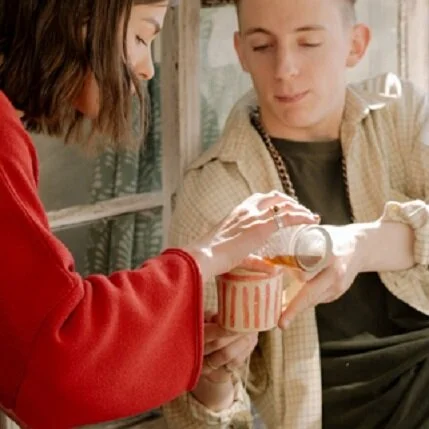The Wills, Trusts and Estates Team at rhw often get asked about ‘gifting property’ to a child. Obviously, many people are looking to keep their tax liabilities to a minimum and are interested in how property and other assets can be passed on to the next generation without incurring a major tax bill.
When it comes to gifting property, the UK has a range of rules and regulations which must be followed. Parents or other family members may want to pass on their home or other real estate to their children as a gift. The process of gifting property to a child in the UK can vary depending on the value of the property and whether Inheritance Tax applies.
Capital Gains Tax & Property Disposal
A gift of property is a disposal for capital gains tax (CGT) purposes, and for a gift, the market value is used to calculate any increase in value between the date of acquisition and the date of disposal. Where the property is the donor’s main residence, Principal Private Residence relief may apply. If the property concerned is a holiday home or a second property, then CGT will need to be reported and paid.. If there is a mortgage involved, then there may be issues with Stamp Duty Land Tax (SDLT) to consider. Therefore it is essential to get proper advice on each individual transaction.
For inheritance tax (IHT) a gift of property to a child is a ‘Potentially Exempt Transfer’ (PET) for Inheritance Tax (IHT) purposes, so the 7-year rule applies, meaning the donor must live for 7 years after gifting the property for it to remain free of IHT.
If the Property is the Main Residence
If the property in question of the main residence of the person making the gift and they intend to carry on living in the property after gifting it, then it is considered as a ‘gift with reservation of benefit’ (GROB) for inheritance tax purposes and on death the property is still regarded as part of their estate. The individual making the gift would need to pay rent at the full market rate, post gifting, to avoid the property remaining as part of their estate when they die.
If a local authority believes an individual is disposing of a property to avoid having to fund their own care fees, which is known as deliberate deprivation of capital, then it will still assess the individual on the full value of the property regardless of the fact they no longer own it.
Likewise, care must be applied to the gifting of a property to a child and they then get married. If, as many marriages sadly do, end of getting divorced, then the property would be included in the divorce proceedings so the recipient of the property may end up losing it all or half the value.
As you can see, gifting property can be a bit of a legal and financial minefield. Therefore, it is essential to get professional legal advice before taking any action. Contact rhw’s Wills, Trusts and Estates Team to arrange a time to have a conversation about what it is you are looking to achieve. call o1483 302000 or email



